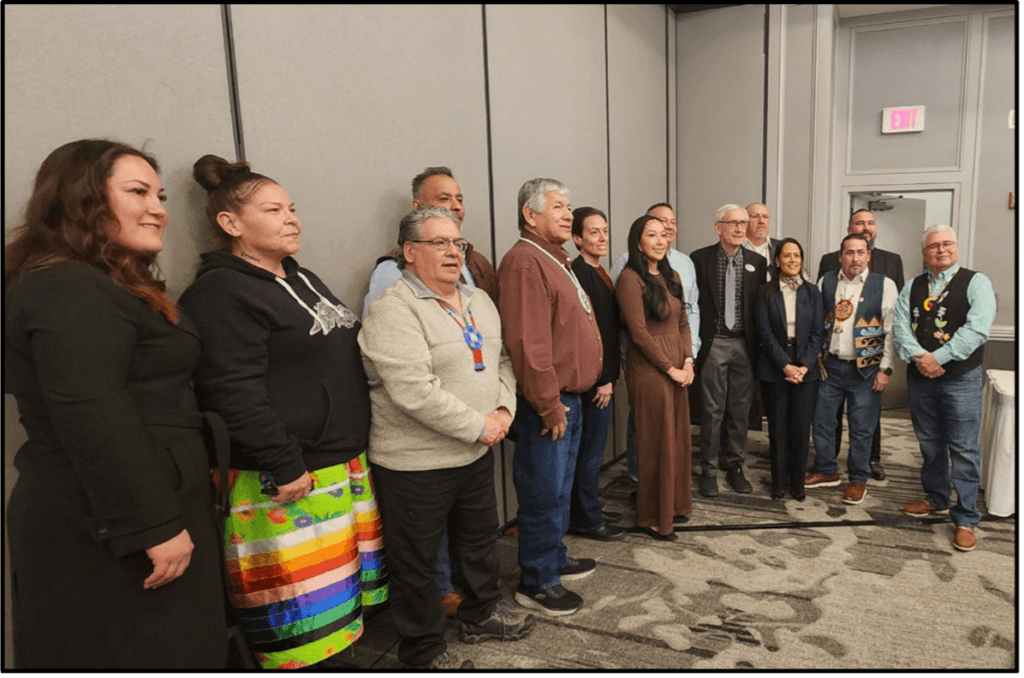Great Lakes Inter Tribal Council Marks Sixty Years of Service
The Great Lakes Inter Tribal Council celebrated its 60th anniversary on November 14, recognizing decades of regional cooperation to protect tribal sovereignty and expand services. For Menominee County residents the council's work in health education social services and government coordination shapes local access to care and supports tribal self determination.

On November 14 the Great Lakes Inter Tribal Council marked six decades of work bringing tribal nations together to amplify their voice and share services across the Great Lakes region. Founded amid national debates over federal termination policies that once threatened tribal sovereignty, including the Menominee Restoration era, the council has grown into a regional hub for programs that affect daily life in Menominee County.
The council today represents 11 Wisconsin tribes and one tribe in Michigan, and it administers programs across health education social services and intergovernmental coordination. That constellation of services has practical consequences for residents who rely on public health outreach behavioral health supports elder services and educational programs that are designed to be culturally relevant and community driven. For Menominee County those programs are part of a broader effort to ensure tribal self determination translates into better health and social outcomes at home.
The anniversary coverage highlighted both the historical reasons the council was formed and the current ways it serves member nations. In the 1960s concerns about federal policies that could terminate recognition and dissolve services prompted tribal leaders to seek collective strategies. Decades later the council functions as a vehicle for pooling technical expertise navigating state and federal funding streams and coordinating emergency response and prevention work across jurisdictions. Those roles matter when resources are limited and public health threats require coordinated regional action.
Public health implications are central to the council's work. By administering health related programs the organization supports prevention efforts chronic disease management access to screenings and mental health services that are often lacking in rural counties. Coordinated programs can also increase capacity for vaccination campaigns maternal and child health initiatives and substance use interventions by aligning tribal health systems with state and federal public health infrastructure. For Menominee County residents this means services are more likely to reflect tribal values and local needs while also tapping broader funding and technical assistance.
Beyond direct service delivery the council plays an advocacy role in intergovernmental coordination which affects health care policy and resource distribution. Unified representation can influence state level decision making on Medicaid and public health grants and can help secure funding that sustains clinics schools and social programs on tribal lands. Those gains support equity by addressing long standing disparities that emerge from historical policy choices.
The 60th anniversary was a reminder of the resilience that underpins regional collaboration, and it underscored ongoing priorities for community health and sovereignty. As tribal nations navigate current challenges the council remains a critical mechanism for translating self determination into concrete improvements in health services education and social welfare for people across Menominee County and the wider region.
